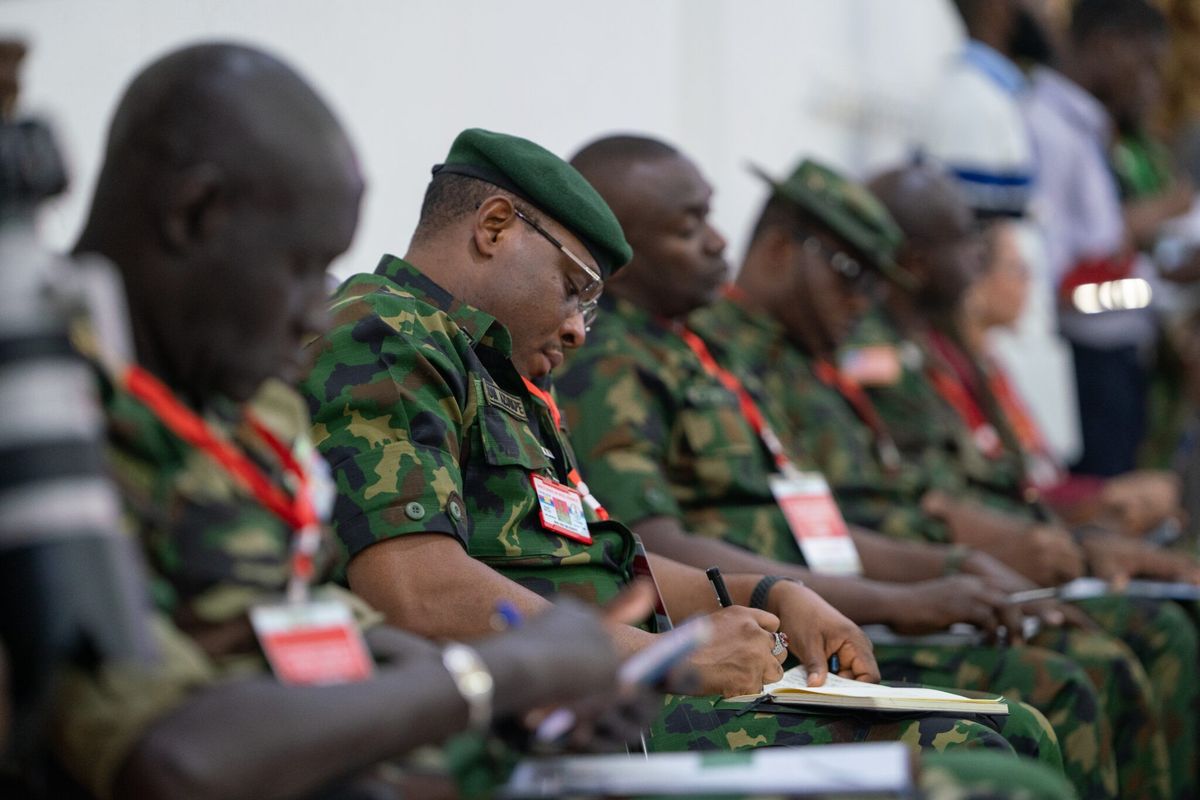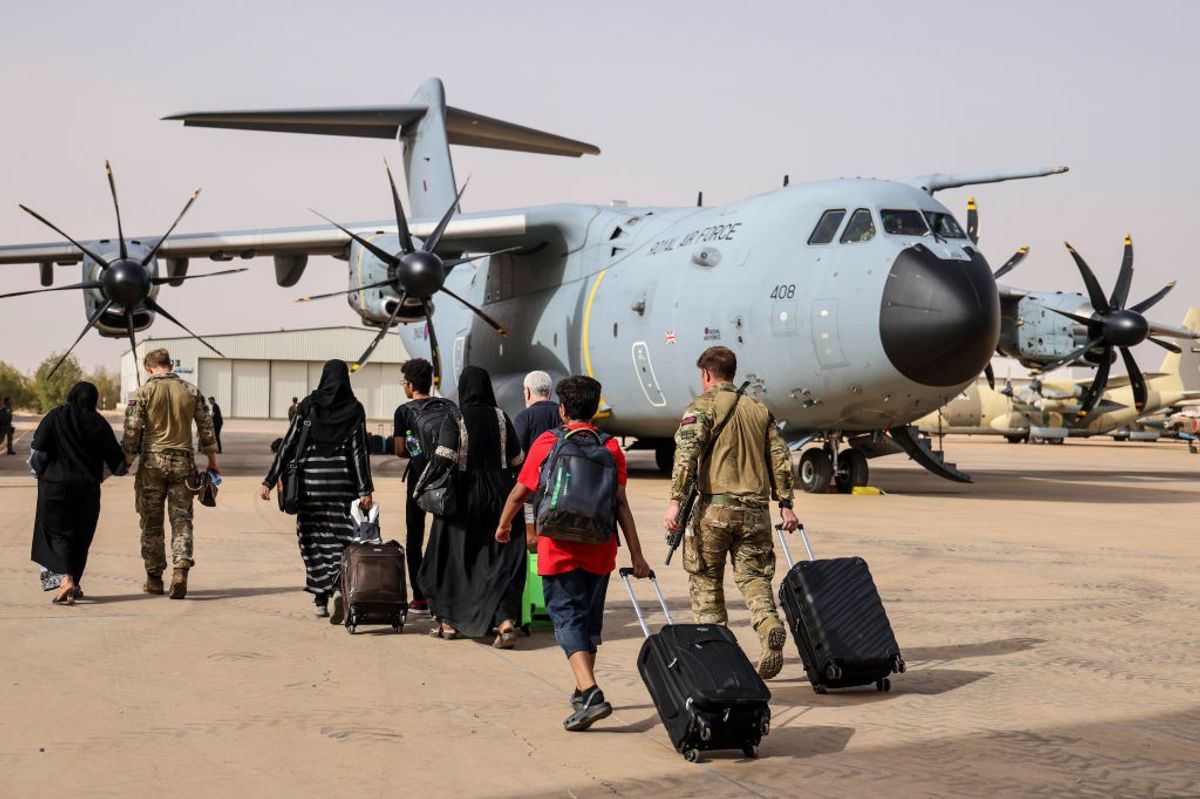The southeast African country Mozambique presents an investment opportunity for American energy companies. But with this opportunity comes security challenges, including domestic political disputes that often turn violent, an increase in organized crime and kidnappings across the country, and potential signs of imported extremism.
In recent years, large natural gas reserves were discovered in Mozambique. The deep water Rovuma basin alone contains a potential reserve of up to 200 trillion cubic feet and is expected to yield 300 million cubic feet of gas per day over the next five years. A December 2016 report of Mozambique’s economic outlook by the consultancy Deloitte finds, “The country’s gas industry has the potential to be a major driver of long-term growth, with the IMF estimating that LNG developments could bring over US$200 billion in GDP over 20 years at 2014 prices.”
The report adds, “Once gas production reaches its peak growth in 2025, Mozambique is set to become the third largest LNG exporter in the world after Qatar and Australia.”
American company Anadarko Petroleum and Italy’s ENI are seizing the opportunity. Miguel Ferreira da Silva, the Director of the Commission for Study and Strategy of the Governance of the Sea, Energy and Environment, at Lusófona University in Lisbon, tells The Cipher Brief the initial investment from Anadarko is estimated to be more than $15 billion. Ferreira da Silva, who was previously the Senior Portuguese Representative at the Africa Center for Strategic Studies in Washington, adds, “According to the International Monetary Fund, the total direct investment in liquified natural gas in Mozambique will be $110 billion over 20 years.”
Renewable energy is also likely to become a booming industry in Mozambique. The coastal country’s hydropower potential is among the largest in sub Saharan Africa, estimated at around 12,500 megawatts. “Exports are expected to increase significantly, especially to South Africa, which has identified Mozambique as a key strategic supplier of power,” Deloitte finds.
Solar is another area of heightened investment opportunity, as well as agribusiness (biofuels production) and coal, Head of the Africa Programme at Chatham House Alex Vines tells The Cipher Brief.
Yet according to a June 2015 report by Chatham House, which Vines worked on, investment opportunities may not be as positive as companies like Anadarko seem to believe. “The projections for revenues from eventual LNG exports vary and are potentially misleading,” notes the report.
Moreover, the country’s internal political situation makes any investment somewhat risky. Since Mozambique’s civil war ended in 1992, the ruling FRELIMO party has maintained power, while the opposition RENAMO has remained on the fringes of authority.
Violent clashes recently picked up, after a decade of relative peace. Political violence broke out in rural parts of the country in April 2013 and lasted until July 2014. A month later, RENAMO agreed to a ceasefire. But the fighting erupted again after disputed elections in October 2014, where FRELIMO presidential candidate Filipe Nyusi won. Since then, several ceasefires have been enacted and collapsed. Most recently, RENAMO extended a ceasefire by two months, until May this year, to allow peace talks to continue.
Although Mozambique’s GDP has steadily grown since the civil war ended, it remains an extremely poor country, which also contributes to occasional violent outbreaks. “The urban transport riots of February 2008 and bread riots of September 2010 … and the rural/provincial political violence of 2013 and 2014 … show that 20 years after the Rome Peace Accords that ended the country’s civil war, Mozambique is still worryingly prone to outbreaks of violent social and political conflict,” write Chatham House researchers.
An upside is that the recent violence has not signaled a reversion to civil war. And since the 2014 elections, RENAMO is more represented in parliament than it has been in the past, with 89 seats compared to FRELIMO’s 144 seats.
The Chatham House researchers comment, “Since taking office, Nyusi has signaled that he wishes to have a more open presidency and consult more widely. He has already chaired meetings of ministers and deputy ministers to discuss energy, and he has met civil society to seek new ideas on how to manage tensions with RENAMO.”
Even if the political situation becomes less tense over the next few years, “Organized crime, corruption, and targeted kidnapping are the prime concerns,” for investors, says Vines.
In 2012, there was a recorded 14 abductions for ransom. Mozambique’s then Interior Minister, Alberto Mondlane, reported a dramatic increase of 64 abductions between July 2011 and September 2013. Authorities reported 44 kidnappings for all of 2013.
Kidnappings decreased slightly in 2015 compared to the previous year, but “it is believed that some kidnappings go unreported, as suspicions of police involvement have grown,” states the U.S. Department of State Bureau of Diplomatic Security. The State Department notes that in 2015, kidnapping cases targeted broader groups, including foreigners. No U.S. citizens have yet been targeted.
Equally troubling is that the “Mozambique Police Force (PRM) suffers from limited resources, lack of human capacity, and widespread corruption,” according to the U.S. State Department.
In addition, “growing signs of imported extremism will pose a new regional risk,” Ferreira da Silva tells The Cipher Brief. Although there have been no known terror attacks against U.S. interests in Mozambique, the U.S. State Department reports, “The expansion of al-Shabaab in eastern Africa coupled with the recent rise of ISIL globally is of growing concern. Lax security and severe capacity- and corruption- related issues with police and security services exacerbates those threats.” Although Vines says, “there is no evidence of radical Islamist groups active in northern Mozambique currently.”
Ferreira da Silva says even with some security concerns, Mozambique is still an investment opportunity for the United States, but it flies “under the radar” because its potential benefits to “American political, security, and economic interests” have gone largely unnoticed.
Kaitlin Lavinder is a reporter at The Cipher Brief. Follow her on Twitter @KaitLavinder.













